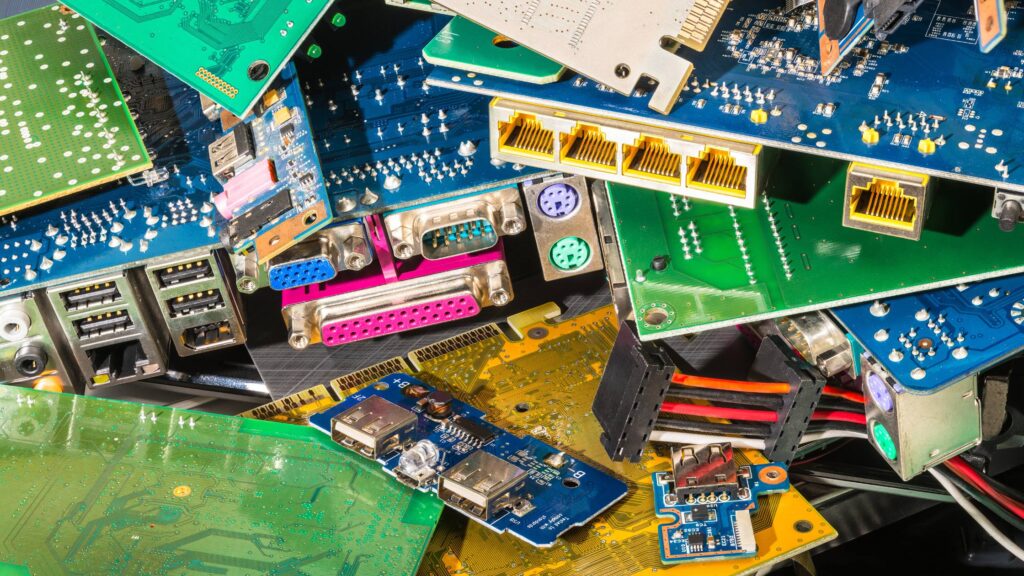The Consequences of Escalating E Waste
Understanding the gravity of the e waste crisis becomes apparent when examining key statistics. Over just five years, there was a staggering 21 percent increase in global e waste generation. From old fridges to toys and even motorized toothbrushes, e-waste encompasses a wide array of discarded electronics and electrical equipment (EEE), marking it as the fastest-growing domestic waste stream worldwide. The rapid escalation in EEE consumption rates exacerbates this issue.
In 2019 alone, a record-breaking 53.6 million metric tonnes (Mt) of electronic waste was produced globally. Projections from the Global E waste Monitor 2020 suggest that by 2030, the volume of global e waste, comprising discarded products with batteries or plugs, will nearly double to 74 Mt in just 16 years.
E waste poses significant health and environmental risks due to its inclusion of toxic additives such as mercury, lead, cadmium, and others, which can harm human neurological and coordination systems.
In developing countries, particularly in Asia, the e-waste challenge looms large. In 2019, Asia alone accounted for the highest volume of e-waste, approximately 24.9 Mt, with major contributions from countries like India and China. China stands out as the world’s foremost e-waste producer, generating about 10 Mt, followed by India in third place with an output of 3.23 Mt in 2019.
A concerning trend in developing nations involves the diversion of discarded electronic goods from other regions to the black market. These items are often misclassified as used goods to evade legitimate recycling costs. Reports indicate that between 250,000 tonnes and 1.3 million tonnes of used electrical products are exported from the EU annually, primarily to West Africa and Asia. This clandestine trade poses risks to both local populations and the environment, as these goods may be processed under hazardous and inefficient conditions.
According to a United Nations Environment Programme (UNEP) report from 2015, approximately 90% of global electronic waste, valued at nearly $19 billion annually, is illegally traded or dumped.
The impact of e-waste on the environment and human health in countries like India is significant. The processing of e-waste often involves inefficient technologies, inadequate infrastructure, and unhealthy ecosystems. Backyard recycling operations frequently employ rudimentary methods such as open burning of plastics, exposure to toxic metals during soldering, acid dumping, and even child labor, with little regard for health or environmental safety measures.
Mismanagement of e-waste handling, treatment, incineration, and disposal can result in severe consequences for human health and the environment. Consequently, all e-waste is classified as potentially hazardous.
Improper disposal of e-waste, whether through incineration or landfilling, poses risks to soil, water, and air quality. Contamination of groundwater by leached toxins can harm ecosystems and endanger human health. Incineration releases harmful hydrocarbons into the atmosphere, contributing to air pollution and potentially exacerbating global warming.
The specific constituents of e waste, such as lead in solder and mercury in various electronic components, pose additional risks. Improper handling of printed circuit boards, CRTs, and plastics can result in the release of toxic fumes and pollutants, further endangering both human health and the environment.
The informal sector, which often engages in primitive recycling methods, exposes workers and communities to hazardous substances and health risks. Children, in particular, are vulnerable to chemical absorption from e waste exposure, leading to irreversible damage to their developing systems.
Recognizing these dangers, the World Health Organization (WHO) has initiated the E Waste and Child Health Initiative, aiming to safeguard children and their families from the adverse health effects of e waste exposure.


